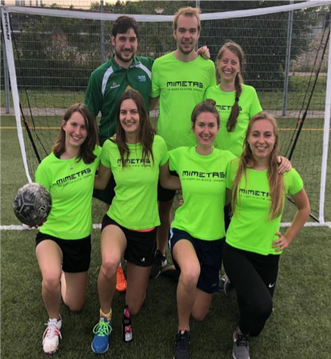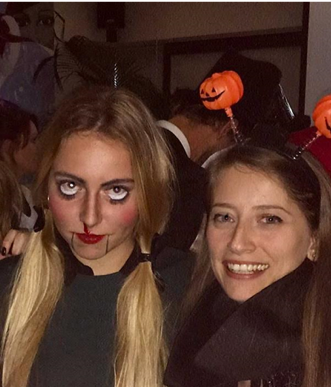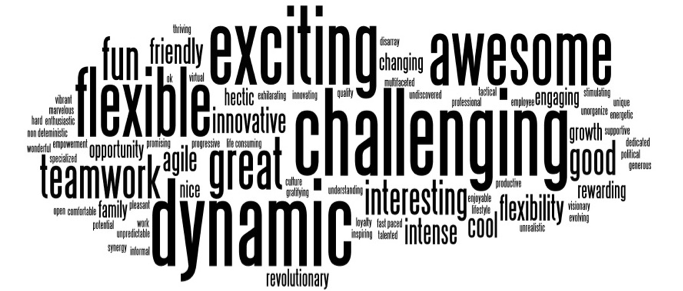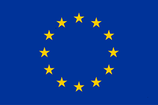Introduction When people think about PhDs they directly think about academia. And rightly so, a PhD is by definition a “title conferred by the highest university degree” (Britannica, 2019). Just like any degree, a PhD is directly linked to the institution that confers the title regardless of whether the project is developed in institutions outside the academic environment. However, nowadays there exist scholarship schemes which require the involvement of partners unrelated to academia. An example of such is our iPLACENTA project which is part of the Marie Sklodowska-Curie Actions (MSCA) Innovative Training Networks (ITN). Innovative Training Networks foster the collaboration of beneficiaries (institutions which host PhD students) from academia as well as the non-academic sector (in iPLACENTA’s case: universities, clinical research institutions and industry). Even if ITNs have been around since 2014 [1], not many people know about this interdisciplinary form of PhD. As we are both enrolled in this type of PhD, this blog is an opportunity to share our personal experiences of Early Stage Researchers in the private sector, and, specifically, what it means to be one at Mimetas. Chapter after chapter, we will explore the life-enriching experience that is doing a Ph.D. outside the academic world. Chapter I – Becoming part of the Mimetas family Mimetas was founded in 2014 in Leiden, Netherlands. Its basic idea was developing the simplest possible commercially viable device to mimic the complex 3D structure of cells. What began as a small start-up, ignited an ever-growing transition which quickly led it to become one of the most competitive companies in its sector. Today Mimetas is divided into 4 teams relatively to geographical location: Leiden (NL), Enschede (NL), Rockville (US) and Tokyo (JPN). When we joined, the single thing that honestly struck us the most is the undeniable cohesion between all the employees. We soon learned that this unshakable bond emerges from not only all the time we spend together at lunch and at the almost daily meetings, but also from the recurring team-building activities, which reinforce existing relationships and help forge new ones. The key that immediately opened the door to this big family is definitely the weekly Friday evening event: the borrel. What is it? The Dutch art of going for a drink with co-workers. In other words: work hard, play hard. Borrel perfectly describes the work ethic of professionals in the Netherlands. Indeed, this is the best way to transition to the weekend without worries while at the same time taking the opportunity to build relationships with people we would normally not interact with. If borrel sounds exciting, wait to hear about “special borrel”; our personal favourite. It is special because it is the employees who pick a theme, which gets funnier every time. Imagine how hilarious it could be to see all your colleagues dressed up ridiculously during the ‘proud to be fout borrel’? Or finding out your CEO is a talented singer during a ‘karaoke borrel’? What better way to discover international colleagues’ home countries’ culture than organising an ‘international dinner borrel’ where you can taste homemade delicious ethnic food? How not to feel like a family when our American employees organise celebrations for Independence Day during the 4th of July borrel? What better an occasion to discover that your supervisor is unbelievably skilled at confectioning dresses than during the lustrum borrel “Green, glitter a touch of 5”? Oftentimes teambuilding fails to bind people together because it is a one-day activity: any relationship that might be formed dissipates as time passes. However, Mimetas’ management knows this, and always makes sure to organize an exciting yearly company outing, to carry on with traditions inherited from when Mimetas was just a start-up. From reuniting the 4 Mimetas teams in the middle of a Dutch National Park to challenging our inner selves in orientation races, to escaping the country by flying us to a sunny destination, our company knows how to motivate its employees. -Gwen. I remember that during a morning meeting, a normal part of the over-weekend outing, we got asked to say the first word that came to our minds when we thought of Mimetas. Everybody spoke words which were synonymous with teamwork, fun, and success. These words were for me the proof that Mimetas has been able to turn the motto “a happy employee is a productive employee” into reality. To create an encouraging company culture that truly understands the employee’s both physical and mental needs so that it can contribute to the company’s vision  Life Sciences Soccer Tournament in Leiden Life Sciences Soccer Tournament in Leiden Another aspect that we particularly love at Mimetas is that they believe in mens sano in ments sana, meaning that we do not only work or ‘borrel’ together, we also sweat together. We enjoy competing against other biotech companies or universities during football or volleyball tournaments, while sharing the common goal of not losing too often, especially when your team is composed at 70% of not really skilled girls and you’re facing a bunch of guys that were born with soccer shoes on their feet.Jokes aside, the overall feeling that we have when challenging ourselves is that it significantly contributes to creating comradery, which helps to build trust between each other. Becoming part of Mimetas made us realise how important teambuilding and company culture are to form a cohesive team where people support each other while creating a warm, friendly, and welcoming environment. This atmosphere and attitude certainly helped us in the process of integration that, as Marie-Curie PhD candidates, we faced when first arrived. Another important aspect is the balance between work, physical activity, and mental health. We were incredibly lucky to have found a place where this equilibrium is made easily accessible. The company’s focus that is placed on the mental needs of its employees is for us a lifesaver. Indeed, it has been instrumental in coping with the common side effects of doing a PhD, like stress, the feeling of inadequateness, and insecurity. We truly believe that there is nothing more nurturing and stimulating for us to evolve as a researcher than such an environment. In the next chapter, you’ll have the proof that this stimulating environment leads to high quality research. [1] ACCELOPMENT, “Analysing the ITN 2018 results,” 2018. [Online]. Available: http://www.accelopment.com/blog/analysing-the-itn-2018-results. [Accessed: 20-Sep-2019].
Clara Apicella
19/11/2019 05:54:08 pm
Very nice to hear how the other side ;-) works! Looking forward to reading the next chapter!
Reply
Leave a Reply. |
About the blogBeing a PhD student in a European training network is a life-changing adventure. Moving to a new country, carrying out a research project, facing scientific (and cultural) challenges, travelling around Europe and beyond… Those 3 years certainly do bring their part of new - sometimes frightening - but always enriching experiences. Categories
All
Archives
December 2021
|




 RSS Feed
RSS Feed

13/11/2019
1 Comment